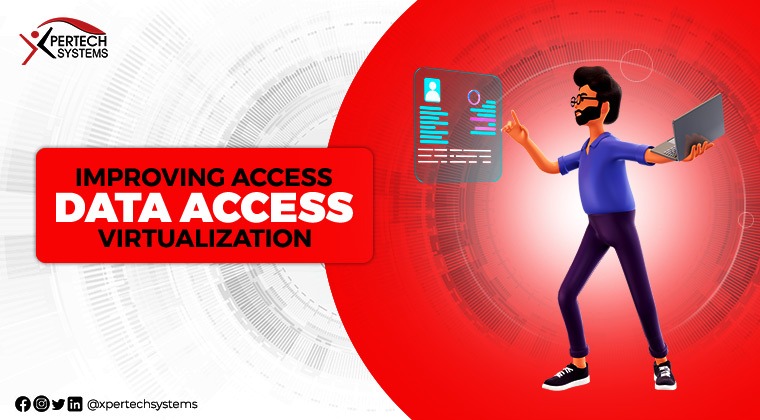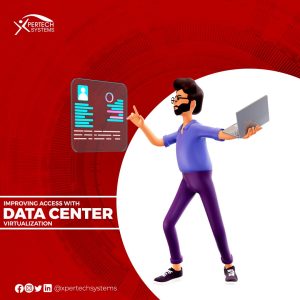7 BENEFITS OF USING PERSONAL CRM SYSTEMS FOR YOUR BUSINESS
Do you ever feel like your business is running on autopilot? That everything is just happening so quickly that it’s hard to keep up and stay organized? Learn more about the benefits of organizing your personal CRM system for your business.
Introduction
In business, time is money.
The goal of a CRM system is to help you save time by automating repetitive tasks and keeping all your customer data in one place.
A CRM system can automate many different types of tasks, such as:
-Sending out automated emails or text messages
-Generating leads from social media
-Tracking customers’ interactions with your website or app
-Organizing customer data into easy-to-use reports
-And much more!
There are many different CRM systems on the market, so it’s important to choose one that fits the specific needs of your business.
If you’re not sure where to start, our team at [Your Company Name] can help you find the perfect CRM system for your business.
CRM Systems are important for businesses
CRM systems are important for businesses because they provide a way to manage customer relationships. They can help businesses keep track of customer contact information, sales data, and support requests. Additionally, CRM systems can automate marketing and sales tasks, which can save businesses time and money.
What is CRM?
A CRM system is a software application that helps businesses manage customer data and interactions. It can be used to track customer contact information, sales opportunities, and support requests.
CRM systems are designed to help businesses improve customer relationships by providing a more efficient way to track and manage customer data. By using a CRM system, businesses can gain insights into customer behavior and preferences, which can be used to improve marketing efforts and sales strategies. Additionally, CRM systems can help businesses streamline their operations by automating tasks such as lead management, sales pipeline tracking, and contact management.
Different types of CRM systems
There are different types of CRM systems out there. They can be broadly classified into two categories: on-premise and cloud-based.
On-premise CRM systems are installed on your company’s servers. This means that you will need to have the necessary infrastructure in place to support the system. Cloud-based CRM systems are hosted by the CRM provider and can be accessed via the internet.
Both on-premise and cloud-based CRM systems have their own pros and cons. It is important to understand these before deciding which type of system is right for your business.
On-premise CRM systems offer more control and customization options. However, they are more expensive to set up and maintain. Cloud-based CRM systems are cheaper and easier to set up, but you may have less control over how they are configured.
What to do if you don’t have a CRM system
If you don’t have a CRM system, you’re missing out on a critical tool for success. A CRM system can help you keep track of your customers, prospects, and leads so you can better manage your relationships with them. It can also help you automate your sales and marketing processes, making it easier to close deals and grow your business.
There are a few things you can do if you don’t have a CRM system:
1. Use a contact management system: A contact management system (CMS) can help you keep track of your contacts and their information. This can be helpful if you need to follow up with someone or want to keep track of your interactions with them. There are many CMS options available, both free and paid.
2. Use a spreadsheet: If you don’t want to invest in a CMS, you can always use a spreadsheet to track your contacts and their information. This option is best for small businesses or those just getting started with CRM.
3. Find a CRM provider: If you’re serious about using CRM to grow your business, then you’ll need to find a CRM provider that fits your needs. There are many CRM providers out there, so take some time to research which one would be the best fit for your business.
Conclusion
In order to run a successful business, it is essential to have a good personal CRM system in place. By keeping track of your customers and clients, you will be able to better serve their needs and keep them happy. In turn, this will lead to more repeat business and referrals from satisfied customers. If you are not already using a personal CRM system, now is the time to start. Don’t wait until your business is in chaos before you take action — a little bit of planning and organization can go a long way towards making your business run like a well-oiled machine.


 disconnect between hardware and software. If you’re looking to improve productivity, this can be a great option. You may or may not understand this now, but the truth is that this is a huge improvement over existing information technology.
disconnect between hardware and software. If you’re looking to improve productivity, this can be a great option. You may or may not understand this now, but the truth is that this is a huge improvement over existing information technology.